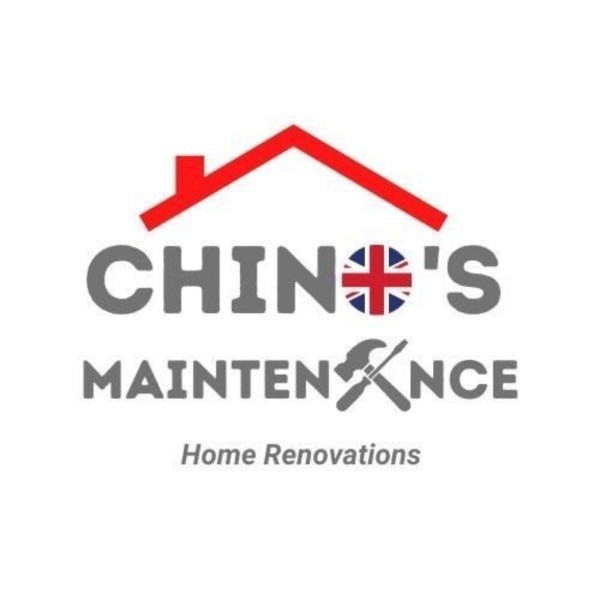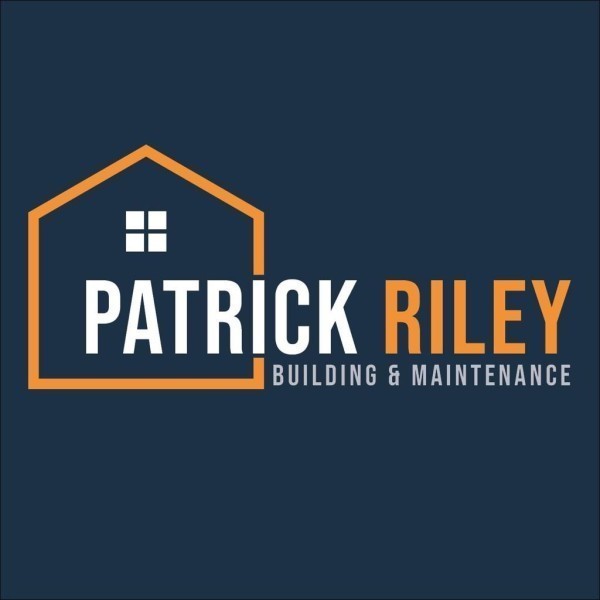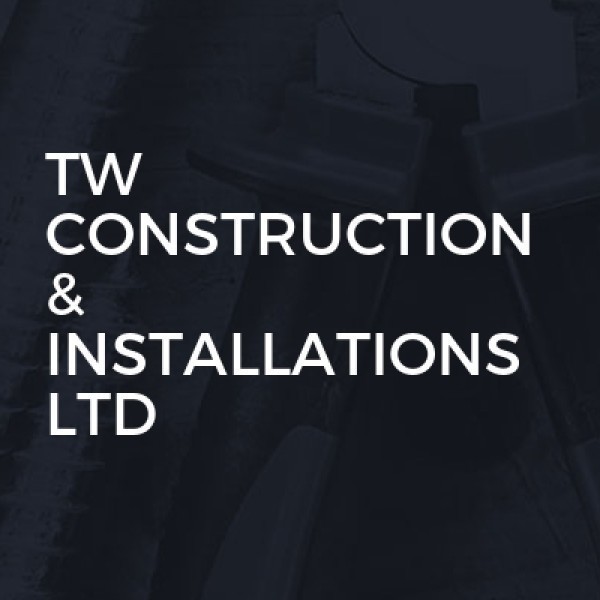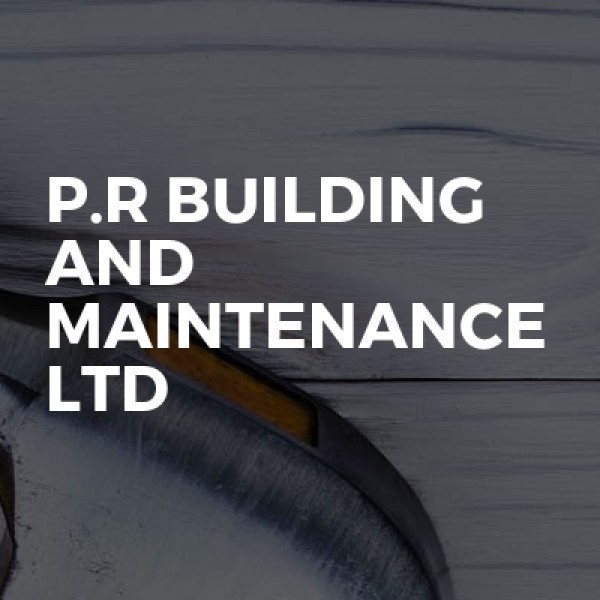Garage Conversions in Horwich
Search Garage Conversions in places nearby
- Garage Conversions in Abram
- Garage Conversions in Altrincham
- Garage Conversions in Ashton-in-Makerfield
- Garage Conversions in Ashton-Under-Lyne
- Garage Conversions in Atherton
- Garage Conversions in Bolton
- Garage Conversions in Bramhall
- Garage Conversions in Buckley
- Garage Conversions in Bury
- Garage Conversions in Chadderton
- Garage Conversions in Cheadle
- Garage Conversions in Cheadle Hulme
- Garage Conversions in Denton
- Garage Conversions in Droylsden
- Garage Conversions in Dukinfield
- Garage Conversions in Eccles
- Garage Conversions in Failsworth
- Garage Conversions in Farnworth
- Garage Conversions in Gatley
- Garage Conversions in Golborne
- Garage Conversions in Hale
- Garage Conversions in Hazel Grove
- Garage Conversions in Heywood
- Garage Conversions in Hindley
- Garage Conversions in Hyde
- Garage Conversions in Ince in Makerfield
- Garage Conversions in Irlam
- Garage Conversions in Kearsley
- Garage Conversions in Leigh
- Garage Conversions in Littleborough
- Garage Conversions in Little Lever
- Garage Conversions in Manchester
- Garage Conversions in Marple
- Garage Conversions in Middleton
- Garage Conversions in Milnrow
- Garage Conversions in Mossley
- Garage Conversions in Oldham
- Garage Conversions in Pendlebury
- Garage Conversions in Prestwich
- Garage Conversions in Radcliffe
- Garage Conversions in Ramsbottom
- Garage Conversions in Rochdale
- Garage Conversions in Romiley
- Garage Conversions in Royton
- Garage Conversions in Sale
- Garage Conversions in Salford
- Garage Conversions in Shaw
- Garage Conversions in Stalybridge
- Garage Conversions in Standish
- Garage Conversions in Stockport
- Garage Conversions in Stretford
- Garage Conversions in Swinton
- Garage Conversions in Tyldesley
- Garage Conversions in Urmston
- Garage Conversions in Walkden
- Garage Conversions in Westhoughton
- Garage Conversions in Whitefield
- Garage Conversions in Wigan
- Garage Conversions in Worsley
Understanding Garage Conversions in Horwich
Garage conversions in Horwich have become increasingly popular as homeowners seek to maximise their living space without the hassle of moving. Whether you're looking to create a new bedroom, a home office, or a playroom, converting your garage can be a cost-effective and efficient solution. This article delves into the various aspects of garage conversions, providing you with a comprehensive guide to transforming your space.
The Benefits of Garage Conversions
Garage conversions offer numerous advantages. Firstly, they can significantly increase the value of your home. By adding usable living space, you make your property more attractive to potential buyers. Additionally, a garage conversion is often more affordable than building an extension, as it utilises existing structures. This means less disruption to your daily life and a quicker turnaround time.
Increased Living Space
One of the most obvious benefits is the increase in living space. Whether you need an extra bedroom, a home gym, or a dedicated workspace, converting your garage can provide the solution. This additional space can enhance your lifestyle, offering a more comfortable and functional home environment.
Cost-Effective Solution
Compared to other home improvement projects, garage conversions are relatively inexpensive. Since the structure is already in place, you save on the costs associated with new foundations and walls. This makes it an attractive option for those looking to improve their home on a budget.
Planning Permission and Regulations
Before embarking on a garage conversion in Horwich, it's essential to understand the planning permission and building regulations involved. While many conversions fall under permitted development rights, certain conditions must be met.
Permitted Development Rights
In many cases, garage conversions do not require planning permission as they are considered permitted development. However, this is contingent on the conversion not altering the building's exterior significantly. It's always wise to check with the local council to ensure compliance with all regulations.
Building Regulations
Regardless of planning permission, all garage conversions must adhere to building regulations. These regulations ensure that the conversion is safe and energy-efficient. Key areas covered include structural integrity, fire safety, insulation, and ventilation. Hiring a professional to oversee the project can help ensure all standards are met.
Design Considerations for Garage Conversions
Designing your garage conversion requires careful planning to make the most of the available space. Consider the intended use of the room and how it will integrate with the rest of your home.
Maximising Space
To maximise the space, consider built-in storage solutions and multifunctional furniture. This approach can help keep the area clutter-free and functional. Additionally, using light colours and strategic lighting can make the room feel larger and more inviting.
Integration with Existing Home
It's important to ensure that the converted space flows seamlessly with the rest of your home. This might involve matching flooring, paint colours, and architectural details. A cohesive design will make the new space feel like a natural extension of your home.
Choosing the Right Professionals
Hiring the right professionals is crucial to the success of your garage conversion. From architects to builders, each plays a vital role in bringing your vision to life.
Architects and Designers
An architect or designer can help you plan the layout and design of your conversion. They can provide valuable insights into space utilisation and ensure that your design meets all necessary regulations.
Builders and Contractors
Choosing experienced builders and contractors is essential. Look for professionals with a proven track record in garage conversions. They should be able to provide references and examples of previous work.
Cost Estimation and Budgeting
Understanding the costs involved in a garage conversion is crucial for effective budgeting. Costs can vary widely depending on the size of the garage, the complexity of the design, and the materials used.
Breakdown of Costs
- Design and Planning: Fees for architects and designers.
- Labour: Costs for builders and contractors.
- Materials: Flooring, insulation, windows, and doors.
- Utilities: Plumbing and electrical work.
Setting a Realistic Budget
It's important to set a realistic budget that includes a contingency fund for unexpected expenses. Getting multiple quotes from different contractors can help you find the best value for your money.
Common Challenges and Solutions
While garage conversions are generally straightforward, they can present certain challenges. Being aware of these potential issues can help you plan effectively and avoid costly mistakes.
Dealing with Limited Space
Garages are often smaller than other rooms in the house, which can limit design options. To overcome this, consider open-plan designs and clever storage solutions to maximise the available space.
Addressing Structural Concerns
Older garages may have structural issues that need addressing before conversion. This might include reinforcing walls or upgrading the roof. A thorough inspection by a professional can identify any necessary repairs.
Environmental Considerations
With increasing awareness of environmental issues, many homeowners are looking to make their garage conversions as eco-friendly as possible.
Energy Efficiency
Incorporating energy-efficient features, such as double-glazed windows and high-quality insulation, can reduce the environmental impact of your conversion. These features can also lower energy bills, providing long-term savings.
Sustainable Materials
Using sustainable materials, such as reclaimed wood or recycled metal, can further enhance the eco-friendliness of your project. These materials are not only better for the environment but can also add unique character to your space.
Case Studies of Successful Garage Conversions
Examining case studies of successful garage conversions can provide inspiration and insights into what works well.
Family Room Transformation
One family in Horwich transformed their garage into a spacious family room. By incorporating large windows and an open-plan design, they created a bright and welcoming space that became the heart of their home.
Home Office Haven
Another homeowner converted their garage into a home office, complete with built-in bookshelves and a large desk. This dedicated workspace allowed them to work from home efficiently and comfortably.
Frequently Asked Questions
Do I need planning permission for a garage conversion in Horwich?
In most cases, planning permission is not required for a garage conversion, as it falls under permitted development rights. However, it's always best to check with your local council to ensure compliance.
How long does a garage conversion take?
The duration of a garage conversion can vary depending on the complexity of the project. On average, it takes between four to six weeks to complete.
Can I convert a detached garage?
Yes, detached garages can be converted. However, they may require additional work to connect utilities and ensure structural integrity.
Will a garage conversion add value to my home?
Yes, a well-executed garage conversion can increase the value of your home by providing additional living space.
How much does a garage conversion cost?
Costs can vary widely, but on average, a garage conversion in Horwich can range from £10,000 to £20,000, depending on the size and complexity of the project.
What are the building regulations for garage conversions?
Building regulations cover aspects such as structural integrity, fire safety, insulation, and ventilation. It's essential to ensure that your conversion meets all these standards.
In conclusion, garage conversions in Horwich offer a fantastic opportunity to enhance your living space and increase your home's value. By understanding the process, planning carefully, and choosing the right professionals, you can transform your garage into a functional and stylish addition to your home.


























